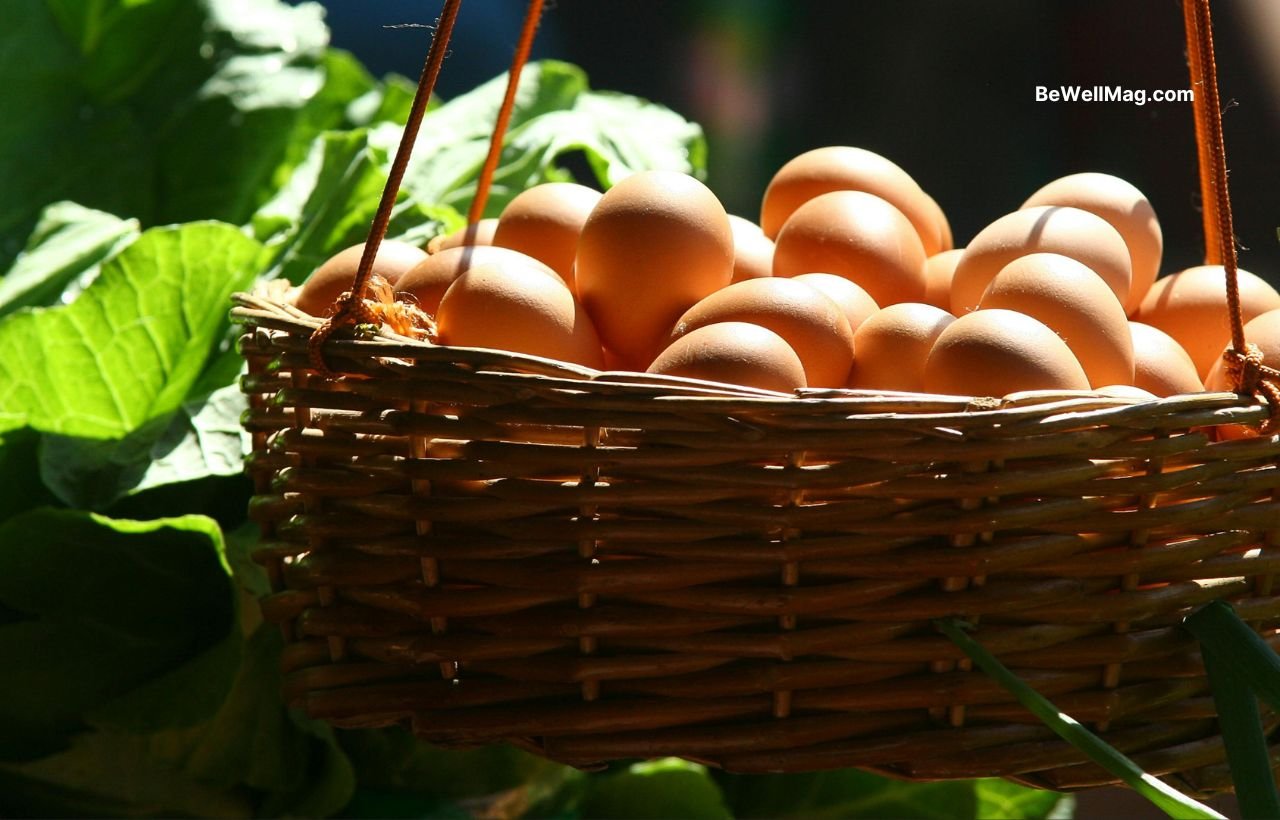Now Reading: 10 Protein-Rich Fruits to Power Up Your Nutrition
- 01
10 Protein-Rich Fruits to Power Up Your Nutrition
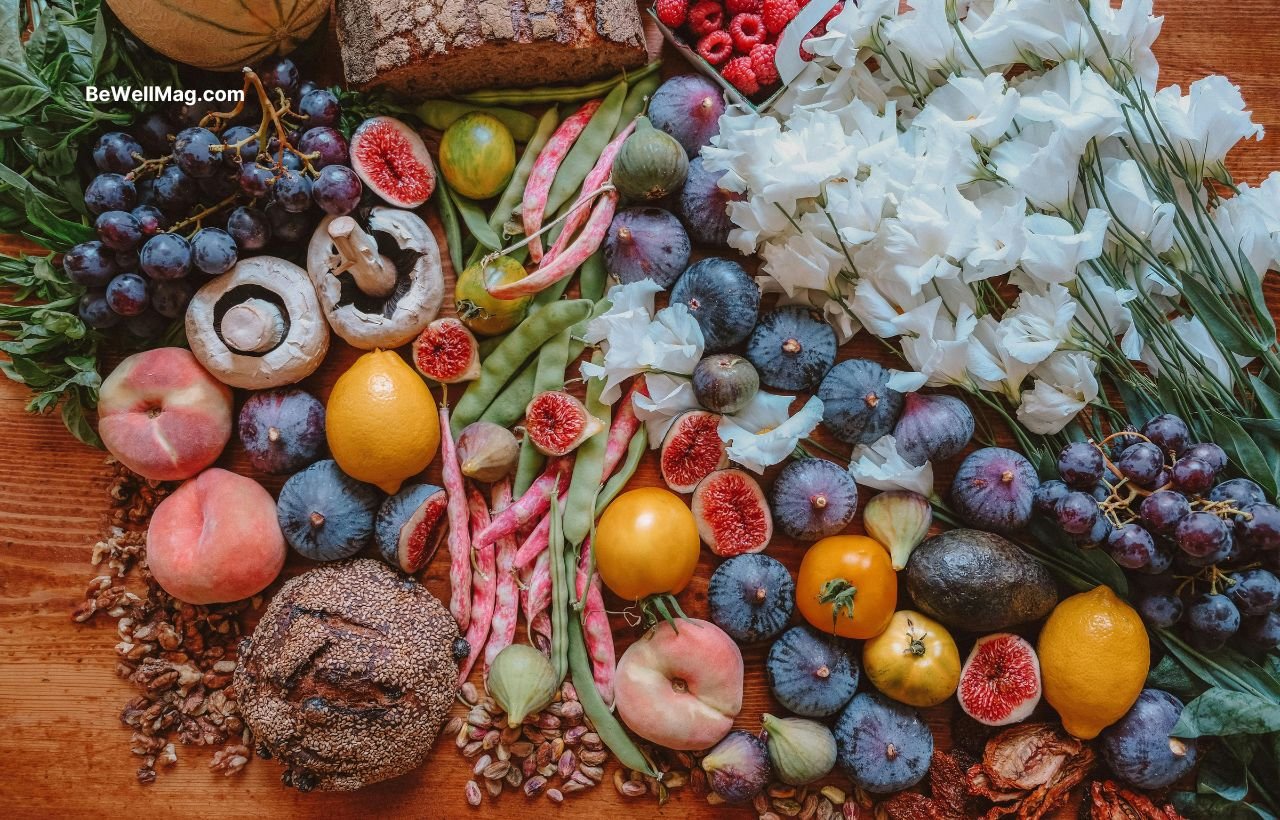
10 Protein-Rich Fruits to Power Up Your Nutrition
Boost your protein intake naturally with these 10 protein-rich fruits. Learn about their nutrition, health benefits, and how to incorporate them into your diet.
Table of Contents
When protein comes to mind, most of us think of meat, eggs, or dairy. However, some fruits pack a surprising protein punch along with a treasure trove of fiber, vitamins, and antioxidants. In our modern, balanced diet, these protein-rich fruits are emerging as versatile ingredients that not only help bridge the protein gap but also boost overall wellness.
Over time, as nutrition research has evolved, so has our appreciation for these fruits. Today, they’re celebrated not just for being a natural, low-calorie snack but also for their role in supporting muscle repair, immune function, and even skin health. If you’re looking to diversify your protein sources while enjoying fresh, vibrant produce, read on to discover nature’s hidden protein gems.
Why Fruits Matter for Protein Intake
Protein is essential for muscle repair, growth, and a robust immune system. While fruits may not replace traditional protein sources, they enrich your diet by adding fiber, hydration, and antioxidants. Combining these fruits with other protein sources—like nuts, seeds, or dairy—can create a balanced, nutrient-dense meal that fuels both body and mind. Incorporating a variety of protein-rich fruits can also help satisfy your sweet tooth while keeping your nutrition on point.
10 Protein-Rich Fruits You Should Eat
1. Guava
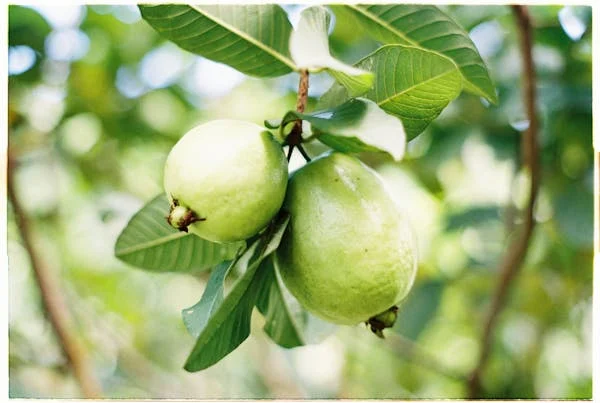
Guava tops the list with an impressive 4.2 grams of protein per cup.
- Health Benefits: Guava is a vitamin C powerhouse that bolsters your immune system. Its rich antioxidant profile, including lycopene, may help fend off chronic diseases.
- How to Eat: Enjoy it fresh, slice it into smoothies, or toss it in a tropical fruit salad for a refreshing treat.
2. Avocado
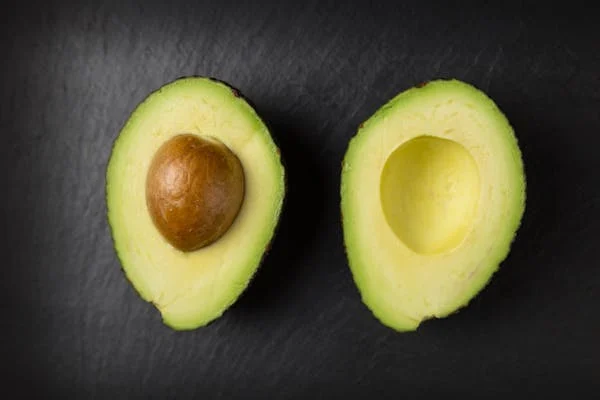
Avocado offers about 3 grams of protein per cup along with heart-healthy fats.
- Health Benefits: Packed with monounsaturated fats and potassium, avocados support cardiovascular health and help maintain steady blood pressure.
- How to Eat: Spread it on toast, blend it into creamy smoothies, or dice it into salads.
3. Apricots

Apricots provide 2.2 grams of protein per cup and a sweet, tangy flavor.
- Health Benefits: High in vitamin A (beta-carotene), apricots help in maintaining healthy vision and skin, and their fiber supports digestion.
- How to Eat: Enjoy fresh as a snack, mix into yogurt, or incorporate into baked goods for added moisture and flavor.
4. Kiwifruit
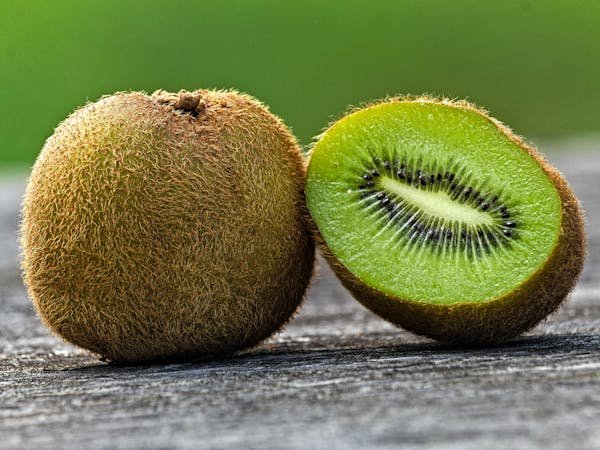
Kiwifruit yields around 2.1 grams of protein per cup, accompanied by a burst of vitamin C and dietary fiber.
- Health Benefits: Beyond supporting your immune system, kiwis contain digestive enzymes that aid in breaking down protein, ensuring smooth digestion.
- How to Eat: Slice them atop a bowl of cereal, blend into a smoothie, or enjoy them alone as a tangy treat.
5. Blackberries
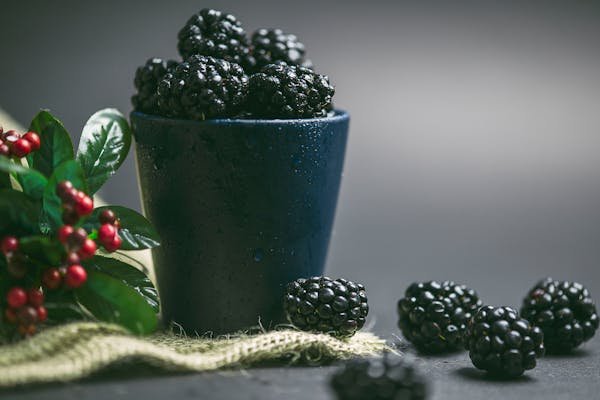
Blackberries offer about 2 grams of protein per cup, along with a vibrant dose of antioxidants.
- Health Benefits: Rich in anthocyanins, blackberries help combat oxidative stress and support healthy brain function.
- How to Eat: Add them to your morning oatmeal, blend into a smoothie bowl, or sprinkle over a fresh salad.
6. Oranges
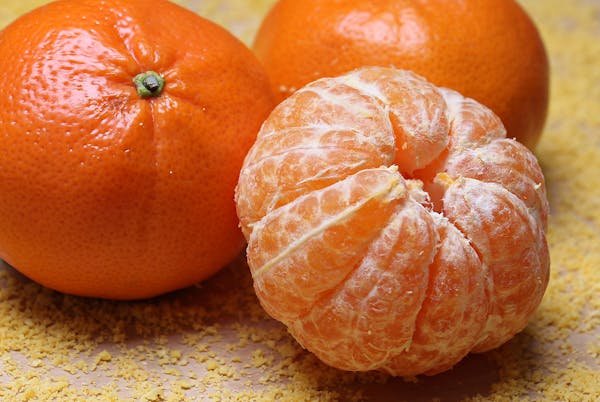
Oranges provide 1.7 grams of protein per cup while delivering a robust splash of vitamin C.
- Health Benefits: These citrus gems boost collagen production for youthful skin and aid in maintaining overall immune health.
- How to Eat: Enjoy them freshly peeled, juice them for an energizing drink, or incorporate segments into fruit salads.
7. Bananas
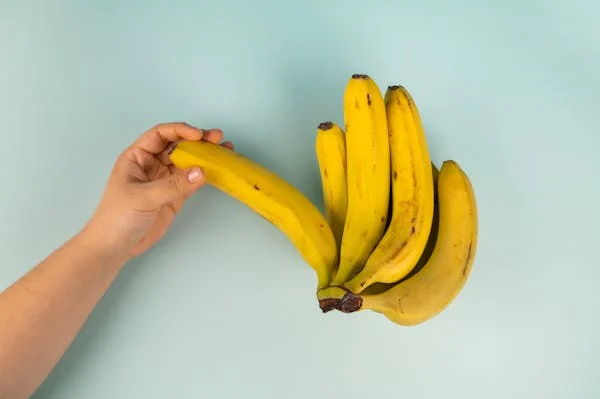
Bananas come in at 1.6 grams of protein per cup and are renowned for their potassium content, which is critical for muscle function.
- Health Benefits: They provide sustained energy, help regulate blood pressure, and their fiber content promotes digestive comfort.
- How to Eat: Enjoy as a quick snack, slice onto your cereal, or blend into your favorite smoothie.
8. Cantaloupe
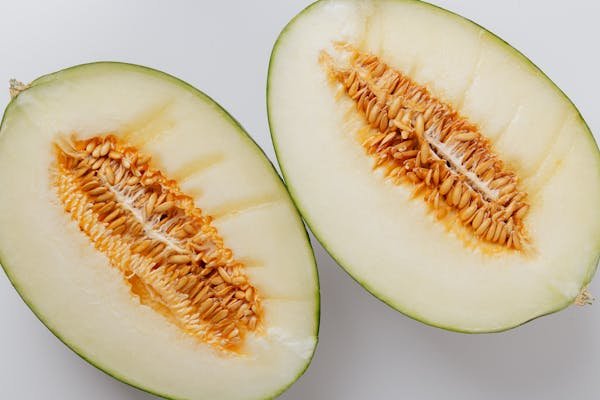
This hydrating fruit offers 1.5 grams of protein per cup and is packed with vitamins.
- Health Benefits: With an abundance of beta-carotene and vitamin A, cantaloupe supports eye health and skin vitality, while its high water content keeps you refreshed.
- How to Eat: Eat it chilled as a snack, blend into a refreshing smoothie, or add chunks to a fruit salad.
9. Raspberries
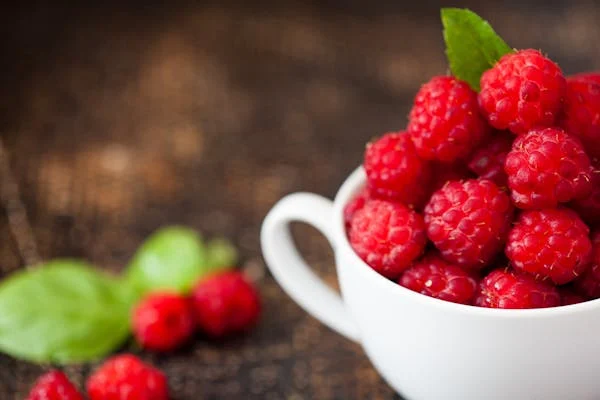
Raspberries deliver 1.5 grams of protein per cup and are a rich source of dietary fiber and antioxidants.
- Health Benefits: Their antioxidant load helps reduce inflammation and supports heart health, while the fiber assists in maintaining a healthy gut.
- How to Eat: Mix them into yogurt, sprinkle on your cereal, or enjoy them as a naturally sweet snack.
10. Peaches
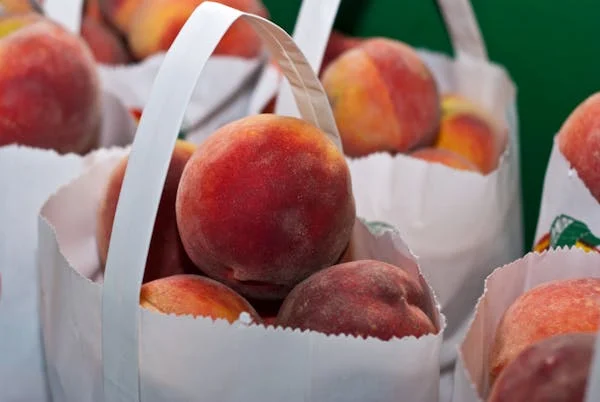
Peaches round out our list with 1.4 grams of protein per cup, offering a juicy blend of sweetness and nutrition.
- Health Benefits: Rich in vitamin C and beta-carotene, peaches promote skin health and boost immune function while aiding in overall digestion.
- How to Eat: Enjoy them grilled for a caramelized flavor, munch on them fresh, or blend into a summery smoothie.
How to Incorporate Protein-Rich Fruits Into Your Diet
Integrating these fruits into your daily routine is both delicious and effortless. Here are a few ideas:
- Morning Smoothies: Combine guava, banana, and blackberries with a scoop of Greek yogurt for a protein-packed breakfast.
- Vibrant Salads: Add avocado, raspberries, and orange segments to your greens for a burst of flavor and nutrition.
- Snack Time: Pair sliced apricots or peaches with a handful of nuts or a dollop of cottage cheese for a satisfying snack.
- Creative Desserts: Top your oatmeal or yogurt with a mix of kiwi, cantaloupe, and blackberries to keep breakfast nutritious and exciting.
Key Takeaways
- Diverse Nutrient Benefits: These fruits not only offer protein but are also rich in vitamins, fiber, and antioxidants—all essential for overall health.
- Versatile and Delicious: Enjoy them in various forms—from fresh and raw to blended in smoothies or added to salads.
- Smart Diet Integration: Pairing these fruits with complementary protein sources (like nuts, seeds, or dairy) creates balanced, nutrient-dense meals.
Conclusion
While fruits might not be the traditional go-to for protein, these 10 protein-rich fruits demonstrate that nature offers a surprising way to boost your nutrition. They provide a delightful combination of essential vitamins, antioxidants, and fiber that support comprehensive health—from muscle repair to immune defense. By mixing these fruits into your diet, you’ll not only enhance your protein intake but also elevate the taste and variety of your daily meals. Start exploring these options today and savor the natural power they bring to your nutrition.
Disclaimer: This content is for informational purposes only and should not be considered professional or medical advice. Please consult a healthcare provider for personalized dietary guidance.


